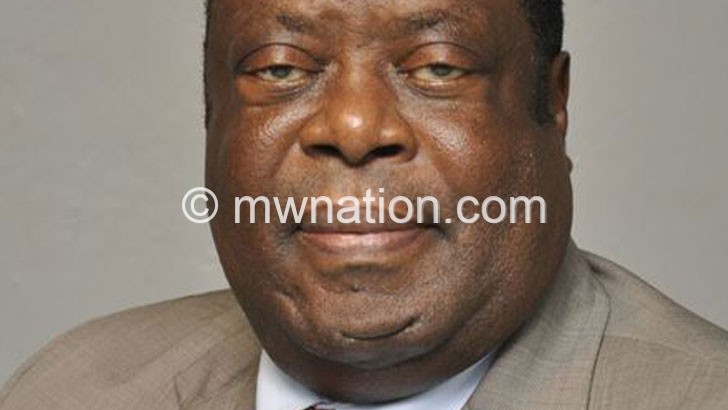New tax measures excite businesses
The Malawi Confederation of Chambers of Commerce and Industry (MCCCI) says businesses are banking on the proposed 2021/22 tax policies for increased economic activities and a boost in production.
In an interview, MCCCI chief executive officer Chancellor Kaferapanjira observed that while some tax policies are meant to increase disposable incomes, others will help spur production.
He said: “What government has done is to further put more money in people’s pockets to buy more. At the same time, Treasury has made sure that the tax burden is distributed across the board, giving a breathing space for those businesses that were burdened by tax.

“What this means is that days of evading tax are coming to an end and government has no need to increase taxes in future with this move. At the moment, formal businesses are the ones always paying taxes, now for us to raise money and ensure fairness and
equity, people must not be taxed differently and make sure everyone is able to pay taxes.”
Kaferapanjira observed that with the introduction of the new tax measures, informal businesses, which are estimated at 89 percent of small and medium enterprises by the World Bank, would decline.
On the other hand, he said the measures will help reduce smuggling and increase competition among local businesses.
“We expect more factories to open and more jobs to be created. Overall, we think the budget is more tilted to the private sector because we can see themeasures that are really meant to boost private sector activity.”
Presenting his 2021/22 National Budget in Parliament, Finance Minister Felix Mlusu indicated that to boost the growth of small businesses and to reinvigorate the economy suffering from the effects of Covid-19 pandemic, Treasury will increase the Comesa Simplified Trade Regime threshold from $2 000 to $3 000.
This trade arrangement allows cross-border traders in the Common Market for Eastern and Southern Africa (Comesa) region to enjoy duty free status when they import goods originating from other member States.
Treasury has also moved to tax the informal sector by, among others, introducing a tax certificate before issuing or renewing a business and export licence, introducing a requirement for all citizens to have a tax payer identification number (Tpin) and require a Tpin when opening bank account; and introduction of presumptive tax rates for small businesses whose turnover is less than K12.5 million to encourage compliance.
Further to this, Treasury is reducing excise tax on opaque beerfrom 30 percent to 10 percent while excise tax on malt beer will be reduced from 60 percent to 40 percent.
To increase disposable income, Treasury introduced two new pay as you earn (Paye) brackets of 25 percent for incomes between K100 000 and K1 million per month and of 40 percent for incomes of more than K6 million per month.
Tax expert Emmanuel Kaluluma observed that while the measures are a boost to private sector productivity, the challenge could be on compliance.
“Are tax payers going to comply and submit?”
Meanwhile, Malawi Revenue Authority (MRA) has put into effect the Customs and Excise measures announced by Mlusu in the 2021/22 proposed national budget statement.
In a published statement on Monday, MRA commissioner general John Bizwick said while the new measures for domestic taxes will become effective on July 1 after approval of relevant tax bills, the Customs and Excise measures became effective on the midnight of May 28.





